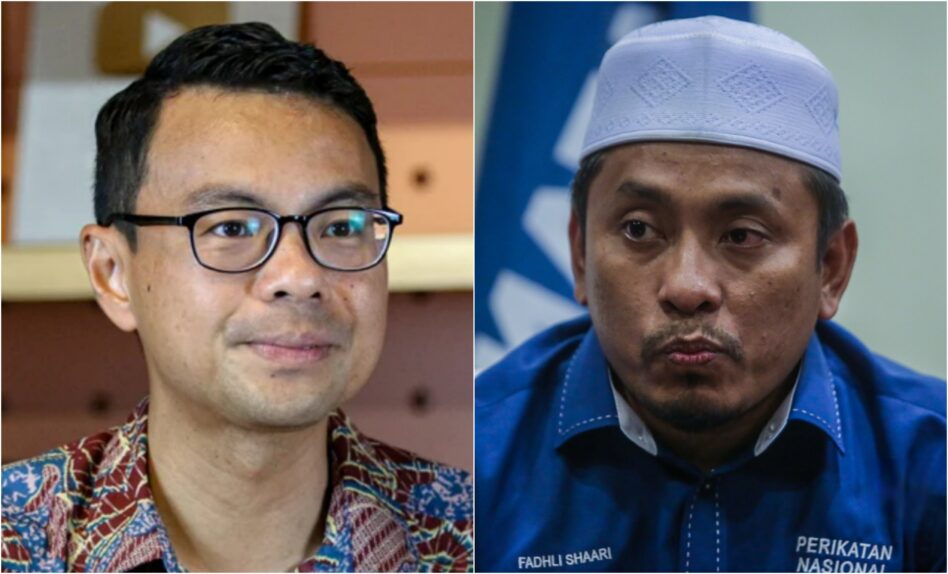KUALA LUMPUR: The 12th Malaysia Plan (12MP), covering three development dimensions – economic empowerment, environmental sustainability and social re-engineering – will further crystallise the implementation of the Shared Prosperity Vision 2030 (SPV2030).
The SPV2030 – unlike the National Economic Policy (NEP), which is a policy prescription – is a new initiative providing a 10-year development roadmap and framework for the country’s economic restructuring to benefit all Malaysians, regardless of race and ethnicity.
Measures and courses of action to achieve the SPV2030 goals would be incorporated in the 12MP, which is expected to be tabled to the parliament in the third quarter of this year.
However, the SPV2030, which emphasises equal opportunities for all Malaysians, has sparked concerns among Bumiputeras – would their interests and rights still be protected?
On the other hand, some quarters are questioning Pakatan Harapan’s earlier promise of equal rights when affirmative action is said to be implemented.
Adviser to the Economic Affairs Minister, Datuk Khalid Jaafar, emphasised that the SPV2030 is no way a race-based policy but is a needs-based one aimed at narrowing the economic gap in the context of income irrespective of race.
To say that the SPV2030 is a rehash of the NEP, with a similar emphasis on race-based Bumiputera policies, is a misconception, he said.
“I think they are mistaken and did not read the full document. The objectives of the SPV2030 include narrowing the income gap between the classes, races, areas and also value chains.
“This is aimed at promoting social justice and sharing the nation’s prosperity. I think this accusation is based merely on prejudice,” said Khalid.
He also dismissed concerns that the SPV would be hijacked by the rich Bumiputeras, emphasising that the SPV would instead reduce the economic gap between ethnic groups.
To make sure that the SPV2030’s goals and objectives are included in the 12MP, Minister of Economic Affairs Datuk Seri Mohamed Azmin Ali in an MEA report card said the ministry had conducted 390 engagement sessions with various parties in the preparation of the Plan.
He noted that 2019 was a productive year for the MEA towards building a strong foundation for implementing the national development agenda to formulate a policy that gives the optimum impact by getting the views of stakeholders, state governments, industry, academics and non-governmental organisations.
This is to ensure the planning process for the 12MP is more inclusive.
Meanwhile, Universiti Teknologi Malaysia geostrategist Associate Professor Dr Azmi Hassan said there are glaring differences between the NEP and SPV in terms of policies as they were formulated in different eras.
Azmi noted that the SPV strategies are not based on a particular race as the basic strategies within the policy try to narrow the income gap between the B40 and M40 groups as well as slash the inter-ethnic gap.
“If one wants to compare SPV2030, then the most appropriate would be Vision 2020. The obvious differences are that the NEP was formulated to bridge the gap between the Malays and the non-Malays.
“(However), the SPV2030 is to bridge the gap between the B40 and M40 groups in terms of income,” he said, adding that the Bumiputera factor would come into play as they make up a majority of households in the bottom 40 (B40) income group.
“In this case, we cannot be blind to the plight of the Bumiputeras. The question is whether the target is achievable, depending on the strategy in place,” said Azmi.
Malaysia will rely on its next big picture of foresight to provide an important guide and compass for the country’s national planning over the next 10 years.
A collective effort is always needed to make any country prosperous, but a fuller understanding by the rakyat on the implemented programmes or ongoing ones would determine their successful implementation. – Jan 30, 2020, Bernam










